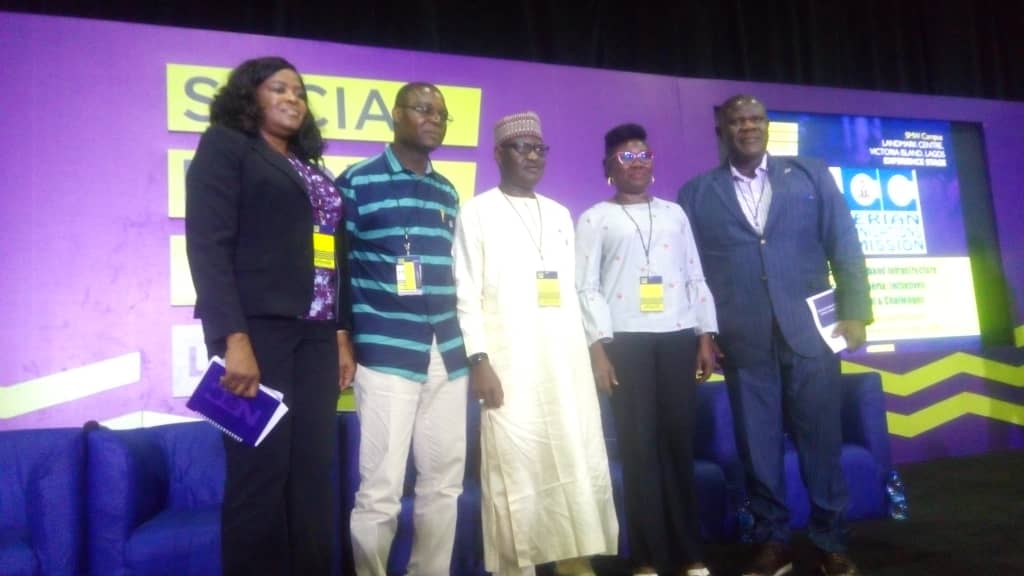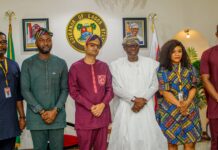The Nigerian Communications Commission (NCC) has expressed optimism that Nigerians would begin to experience ubiquitous and faster broadband services by 2020 when the six geopolitical infrastructure companies (Infracos) it licensed recently begin to roll out services.
Some of the Infracos licensed include MainOne for Lagos zone and IConnect, a subsidiary of IHS, for the North-Central zone. Others are Zinox Technologies and Brinks Integrated Solutions for the South East and North West, respectively. The Infraco licences are based on the Open Access Model (OAM) which derives from the National Broadband Plan (NBP) of 2013 – 2018.
The Commission was upbeat that by that time the right of way hurdles which are on the ways of infracos bid to lay optic fibre cables around the country should have been removed and broadband carrying cables laid in most parts of the country. Right of Way refers to the access granted telecommunication operators by land asset owners to deploy telecommunication infrastructures, especially, the laying of cables on the ground.
NCC chiefs lead by Director of Public Affairs, Nnamdi Nwokike spoke at the ongoing Social Media Week holding at Landmark Centre, Oniru Lagos. Others include Director Licensing and Authorization, Funlola Akiode, Head of Technical Standards and Network Integrity, Engr. Bako Wakil and Deputy Director, Public Relations, Okoh Aihe.
The NCC chiefs also spoke about efforts of the Commission to bring about broadband services affordability, provision of subsidies for the Infracos, right of way regulations and broadband capacity targets for next year and beyond.
On right of way, Nwokike said NCC would renew efforts to secure right of way for the infracos from state governments to lay cables around the country in a second phase of its intervention strategy. He said it would not be possible for the NCC or the National Assembly to provide common legislation for right of way, because the federal government does not own the lands that cables are laid. According to him, states have different legislations on the use of their land assets. The Commission, he said, could only approach individual states to secure permits for telecom companies to lay cables and install other communication infrastructures.
The Commission official also said at the event that it may consider the use of consultants in resolving the right of way challenge or deploy its staff to speak to their various state governments on the benefit of allowing telecom infrastructure deployed in their states.
Mrs Akiode said the Commission had at some point carried out right of way interventions on zonal basis, and that any time telecommunication companies have challenges with states on right of way, the NNC had always intervened to resolve it. She cited the case of Ondo and its intervention with the Kogi State dispute with some telcos.
In his contribution, Wakil said there is about 9 terabyte broadband capacity in the country, but only a fraction of it has been used because of lack of last mile infrastructure to take the capacity to cities and towns.
According to him the infracos are saddled with the responsibility of adequately utilizing the broadband capacity in the country. He said the Commission has not paid any subsidy it promised the telecos because the percentage of the subsidy to be paid would depend on the amount of their capital expenditure.
Wakil said the Commission was still discussing with the infracos on the issue of subsidy that would be payable to them.













